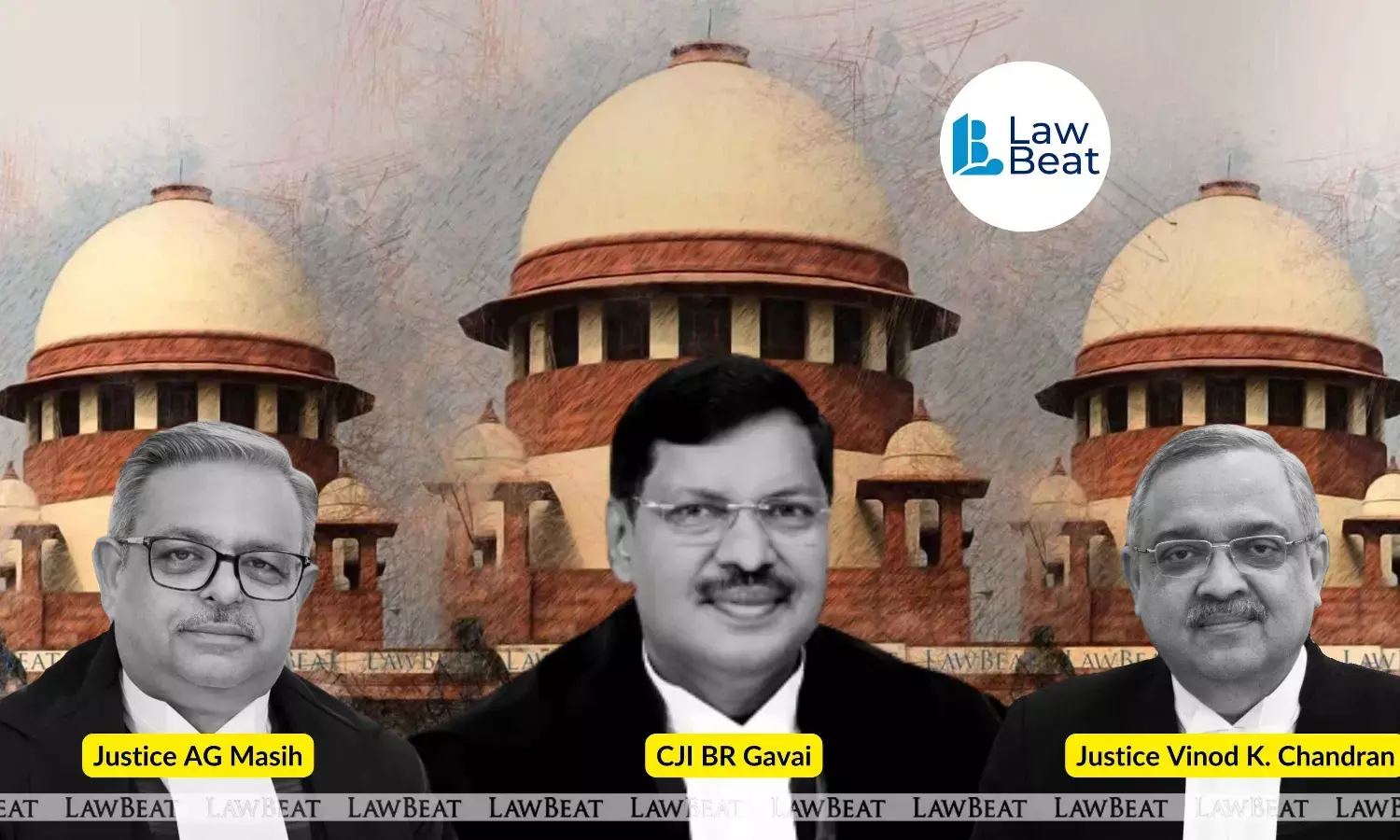BREAKING: Supreme Court Restores 3-Year Minimum Practice Rule For Judicial Services; Mandates Uniform Reforms Across States

X
In the verdict, the Court outlines eight key directives intended to standardize recruitment and promotion mechanisms across High Courts and State governments
In a landmark judgment aimed at raising the bar for entry into the judicial services, the Supreme Court on Tuesday restored the three-year minimum practice requirement for candidates seeking appointment as Civil Judges (Junior Division), declaring that prior courtroom exposure is crucial for effective judicial functioning.
The three-judge Bench comprising Chief Justice of India B.R. Gavai, Justice A.G. Masih, and Justice K. Vinod Chandran delivered the verdict, which outlines eight key directives intended to standardize recruitment and promotion mechanisms across High Courts and State governments.
Key Highlights of the Judgment:
1. Mandatory Practice Restored: The Court reinstated the three-year minimum legal practice requirement to appear for the civil judge (junior division) examination. This period will be counted from the date of provisional enrollment as an advocate.
2. Certification of Practice: Candidates must produce a certificate of practice. For trial court lawyers, this must be issued by the Principal District Judge, and for those practicing in High Courts, it must be endorsed by an advocate with at least 10 years of standing.
3. Rationale Behind the Rule: The CJI noted that appointment of fresh law graduates had led to “several challenges,” as evidenced in affidavits filed by various High Courts. “Effective judicial functioning demands a foundational exposure to courtroom processes,” the Court observed, concurring with the High Courts' recommendation for a practice-based eligibility filter.
4. Suitability Assessment: On the issue of promotions and suitability testing, the Court held that no straitjacket formula can be laid down, and evaluation should include factors such as knowledge of law, past judgments authored, ACRs over 5 years, awareness of legal developments, and communication skills.
5. Accelerated Promotions & LDC Quota:
- Reservation for Accelerated Promotions: The Court directed all High Courts and State governments to reserve 10% of Civil Judge (Senior Division) posts for accelerated promotions.
- Limited Departmental Competitive Exam: The reservation under LDC quota must be increased to 25%, as originally recommended in 2022.
6. Mandatory Judicial Training: The Court also mandated that one year of judicial training be included in the rules for all newly appointed judges.
7. Exemption Clause: The three-year practice rule will not apply to states that have already issued examination notifications before the date of this judgment.
Case Title: All India Judges Association v. UOI
Next Story
